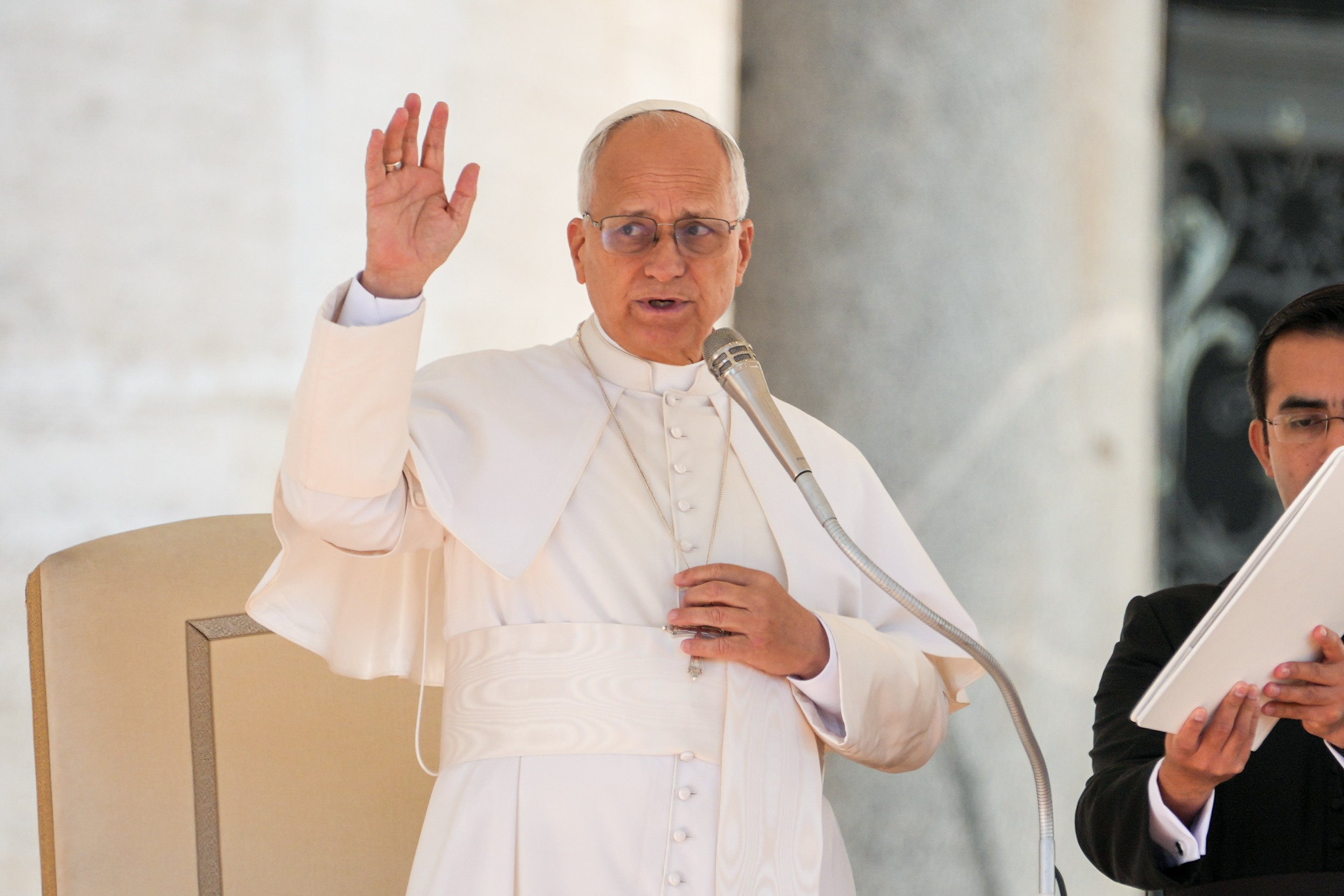July 9, 2019 at 7:46 p.m.
All our readings this weekend and for the following two weeks, help us to reflect on a very fundamental aspect of our life; what we might call those key questions about our existence. Who am I? What must I do? What values and attitudes ground my life? What can I hope for? Jesus is asked such questions as he encounters first the scholar of the law (this week), then the two sisters Martha and Mary (next week) and then as his disciples ask him about how to pray.
In our First Reading (Deuteronomy 30: 10-14), Moses is actually saying farewell to the people. He reminds them that they have a great gift to guide them in life: The Law. As we read on, we realize that this law is not just some sort of legal code, or a series of dos and do nots. Furthermore, it is not complicated or something remote. Rather, this Law is indeed a gift from God that is near to us and that is written in our heart and soul. In this Law, God shows the values and attitudes that can help us and guide us in all our choices, values and decisions.
Our psalm (Psalm 69) reminds us that it is not always easy to live life and to follow God’s commandments. The psalm mentions what we might call both images of suffering, and real, concrete examples of personal suffering and struggles. Yet despite that, the psalmist still prays for God’s help and shows confidence in God’s saving help.
This week we begin reading from the Letter of St. Paul to the Colossians. As far as we know, St. Paul never visited this town of Colossae personally, but he still writes to them with love and with great advice. He starts the letter with a wonderful hymn about Christ as the center of creation (Colossians 1: 15-20). In fact, St. Paul borrows a number of hymns that were presumably used by the very first Christian communities and incorporates them into some of his letters. It is an awesome thought that we still make use of these ancient hymns in the Divine Office at Evening Prayer nearly two millennia later.
In the Gospel (Luke 10: 25-37), the disciples have returned rejoicing in their mission. Jesus tells them that should rejoice rather that they have been chosen: “blest are your eyes that they see…” After this and as our Gospel passage begins, a scholar tries to test Jesus by asking a pretty fundamental question about what he must do to inherit eternal life. Where would one begin with such a fundamental question?! As so often happens, Jesus answers the question with one of his own: what does the law say? The scholar answers correctly, but then he asks another question. Notice that this second question is not so much about doing, but rather about being: “and who is my neighbor?” This is the opportunity for Jesus to teach, using one of the best loved and familiar parables that we have of the Good Samaritan.
It is hard to summarize such a well-known and profound parable in a few words and we all have our favorite parts of it. The key point is that the parable answers the question about who is my neighbor. The obvious and clear answer is that our neighbor is everyone. For example, it is a foreigner (a Samaritan) who cares for the injured and robbed man, not those of his own nation. The Samaritan is “good” because he has that law of love written in his heart and soul. He sees not an enemy, nor a foreigner; but just a fellow human being and a member of God’s family in need. This then is what we should do and how we should be. This is the path to holiness and to eternal life. With so many divisions in our society, or with people judged or categorized, or placed in a particular box; the parable is as vital and so essential today as it was 2,000 years ago.
Indeed, we can observe that Jesus finishes his parable with one, final question and then a command. Which of these three … was a neighbor …? The scholar has no choice but to name the despised foreigner, that is the Samaritan. Our Lord’s final words of command are addressed to us as much as to the scholar: “Go and do likewise.”
- Portland Archbishop on ICE: Human dignity comes from God, not government
- Christian hope shows the earth can resemble heaven, pope says
- Washington Roundup: Election shifts; Venezuela vote; transgender passports, and more
- Novel highlights power of art and music as a salve to troubled humanity
- Supreme Court sides with Trump administration to temporarily block full funding for SNAP
- Former diocesan fundraising director indicted on wire fraud for alleged 6-figure theft
- Love is key to church’s mental health ministry, says bishop who lost family to suicide
- Caring for creation is part of peacemaking, pope tells COP30
- Security for Syria’s religious minorities is disastrous, say religious freedom advocates
- New ‘Nuremberg’ thriller examines capacity of ordinary men to commit extraordinary evil








Comments:
You must login to comment.